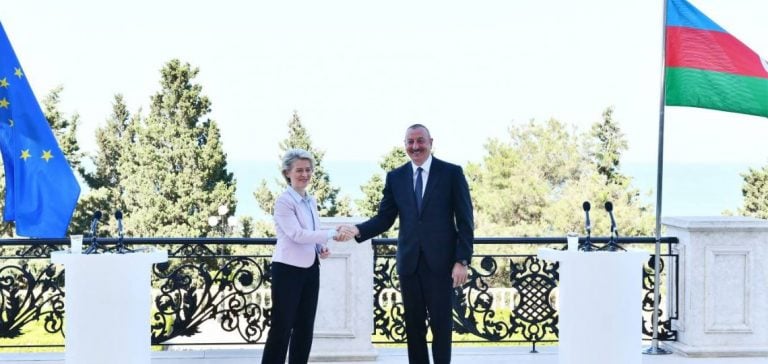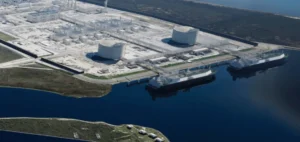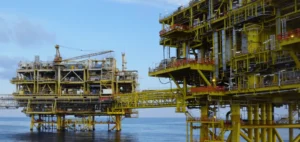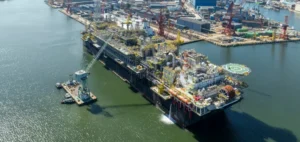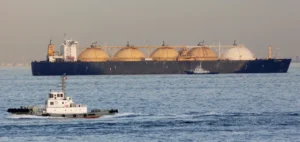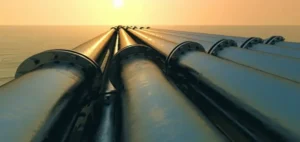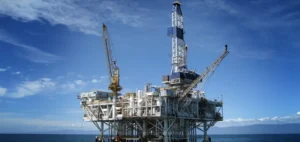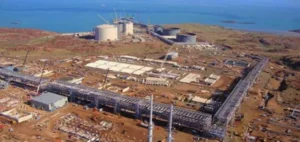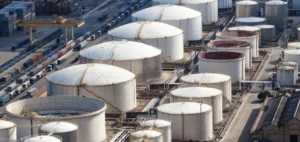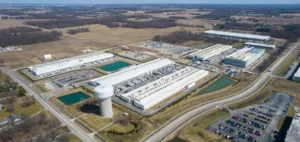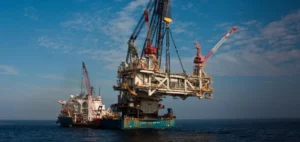The European Union faces a major challenge in securing its natural gas supplies as it attempts to break away from its historical dependence on Russian gas.
This dependence is particularly evident in the countries of Central Europe, which continue to receive Russian gas via pipelines crossing the Ukraine.
The gas transit contract between Ukraine and Gazprom, in force until the end of 2024, is unlikely to be renewed, creating uncertainty about the future transit route for European gas. Against this backdrop, a rumor emerged that Ukraine and Azerbaijan had entered into negotiations to use Ukrainian infrastructure to transport Azerbaijani gas to Europe. However, this information was quickly denied by energy sources in both countries, and Ukrainska Pravda, which initially reported the news, retracted its article.
Both parties confirmed that no negotiations were underway for a gas transit agreement, despite the strategic importance of this issue for European players.
Denials by the Ukrainian and Azerbaijani authorities
Official sources in Azerbaijan, including SOCAR representatives, firmly denied any formal discussions with Ukraine on a gas transit agreement.
The idea that Azerbaijan could sell its gas to Europe via Ukrainian pipelines after the current agreement expires was rejected.
Although Europe is attempting to diversify its sources of supply, notably via the Southern European Gas Corridor, this infrastructure is currently unable to fully offset volumes from Russia.
What’s more, any involvement of Russian gas in this potential deal remains a sensitive issue due to European sanctions against Moscow.
An alternative scenario discussed behind the scenes would involve Azerbaijan buying Russian gas for its own domestic needs, thereby freeing up Azerbaijani gas for export to the European Union.
However, this option remains hypothetical, and neither party has confirmed any discussions along these lines.
Europe’s energy strategy therefore remains in limbo, as Ukraine seeks to move away from its role as a transit country for Russian gas while maintaining vital economic relations with its Western partners.
A tense energy situation
Uncertainty about the future of Ukrainian gas transit, combined with the reluctance of European governments to prolong their dependence on Russian gas, is creating increasing pressure on energy policies.
Ukraine, which is suffering the economic and geopolitical impacts of the war with Russia, finds itself in a delicate position.
As its role as a transit country becomes increasingly contested, proposed alternatives, including the use of Azerbaijani gas, are struggling to materialize.
The end of the transit contract with Gazprom could have an impact not only on Ukraine, but also on several European countries that have negotiated temporary exemptions to continue receiving Russian gas despite the sanctions.
This status quo could change, however, depending on geopolitical developments and progress in negotiations between the EU, Ukraine and its potential partners, including Azerbaijan.

